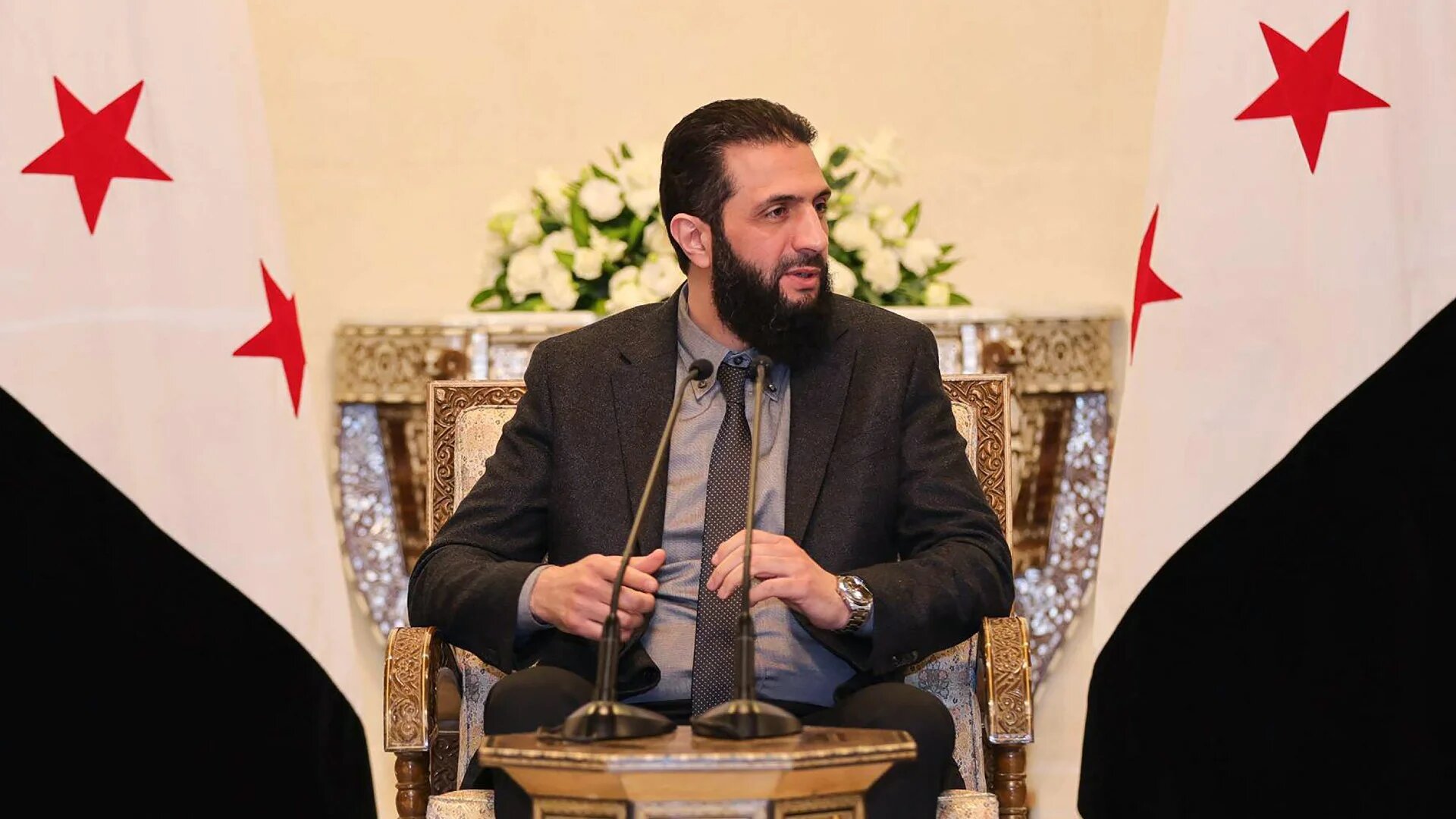Syrian President Open to Normalization with Israel
According to Stutzman, Washington expects tangible progress in areas such as human rights, religious freedom, gender equality, and inclusive governance.

ERBIL (Kurdistan 24) – U.S. Congressman Marlin Stutzman disclosed that Syrian President Ahmed al-Shara is willing to engage in the Abraham Accords and normalize ties with Israel, provided key conditions are met—chief among them, the preservation of Syria’s sovereignty and territorial integrity.
Stutzman, who recently returned from a visit to Damascus, spoke to the Bloomberg, offering a rare insight into the new Syrian leader’s posture toward normalization. “President al-Shara is open to joining the Abraham Accords,” Stutzman stated, “a move that could realign Syria’s standing not only with Israel and its Arab neighbors, but also with the United States.”
Preconditions for Normalization
The congressman emphasized that Syria’s participation would not come unconditionally. “Shara is adamant that Syria must remain a unified, sovereign state,” he said, noting the Syrian president’s strong opposition to any fragmentation of Syrian territory or de facto partition.
A central concern for Damascus, according to Stutzman, is the ongoing Israeli military activity near the Golan Heights. “He made it clear that Israeli incursions must cease and that these violations must be addressed as part of any normalization process,” he said.
From Isolation to Integration
Describing his meeting with al-Shara, Stutzman said the young president—reportedly in his early forties—spoke with poise, focus, and a forward-looking vision. “He was enthusiastic about regional trade, tourism, and improving north-south trade corridors that would link Syria to Europe,” he noted. “Such routes could dramatically reduce transport times and enhance economic integration.”
Though sanctions remain a major barrier to reintegration, Stutzman said, “Shara is not asking for money—he’s asking for sanctions relief. And I think that deserves serious consideration.”
U.S. Conditions for Engagement
However, lifting sanctions will require compliance with U.S. benchmarks. According to Stutzman, Washington expects tangible progress in areas such as human rights, religious freedom, gender equality, and inclusive governance.
“Any future dialogue hinges on Syria’s commitment to treating all its citizens with dignity,” the congressman affirmed. “No one should be marginalized as a minority or regarded as less than human.”
He also underlined the importance of regional security: “Syria must not become a training ground for terrorism or act as a proxy for Iran, Russia, or China. The goal is for it to operate as a sovereign state committed to peace and stability.”
A Message to Israel
Reacting to skepticism from Israeli officials—including Foreign Minister Gideon Sa’ar, who recently dismissed the Syrian leadership as “jihadists in suits”—Stutzman called for open-mindedness. “It’s obvious this regime is preferable to Assad’s,” he said. “Talk to him. What do you have to lose?”
He acknowledged the risk of deception, but insisted that diplomatic engagement is the prudent path. “If he betrays us, let him bear that shame. But isolating him could push Syria back toward the orbit of Iran and Russia.”
Trump’s Role on the Horizon
Stutzman concluded by affirming that U.S. President Donald Trump will likely play a decisive role in shaping future American policy toward Syria. “Whether Syria rejoins the international community—and under what conditions—may ultimately be Trump’s call,” he said.
The congressman’s comments mark one of the clearest indications yet that Syria’s new leadership may be recalibrating its foreign policy in a direction that aligns more closely with regional peace-building and Western engagement. Whether this overture translates into diplomatic breakthroughs, however, remains to be seen.